Breast Aesthetics
Gynecomastia in Tunisia

What is Gynecomastia Surgery?
Gynecomastia is a medical condition that is characterized by the enlargement of breast tissue in males. While it can occur at any age, it is most commonly seen in adolescent boys and older men.
Gynecomastia can affect one or both breasts and may be accompanied by tenderness or pain. In some cases, it may also be associated with nipple discharge.
What Causes Male Breast Enlargement?
Male breast tissue enlarges due to an imbalance in estrogen and testosterone.
When there is:
a) an increase in estrogen levels, or b) a decrease in testosterone levels, the breast tissue can begin to grow and enlarge.
This can occur due to a variety of factors:
- Biological Reasons: Certain medical conditions, medications, or lifestyle. For example, an overactive thyroid gland, liver disease, or steroids.
- Puberty: During puberty, hormonal changes can cause temporary breast tissue growth.
- Aging: As men age, their testosterone levels naturally decrease, while their estrogen levels may increase.
- Obesity: Excess body fat can cause an increase in estrogen production. For more Obesity Treatment information you can check out our Bariatric Surgery in Tunisia page.
Gynecomastia in Tunisiaat a Glance

Time in Tunisia
7 Days

Surgery Time
1 - 3 Hours

Hospital Hospital Stay
1 - 2 Nights

Recovery Recovery
6 - 8 Weeks

Accomodation
4/5* Hotels

Transportation
Private Driver
Should You Undergo Gynecomastia?
The first step is to identify the underlying cause behind the condition. It is important to consult a healthcare professional and determine the best medical plan moving forward.
If you have tried to deal with the situation without any results, and experience physical discomfort, emotional distress, or other complications due to breast enlargement, gynecomastia in Tunisia can lead to a great increase in your quality of life.
Eligibility: Can You Undergo Gynecomastia Surgery?
The eligibility criteria for gynecomastia surgery may vary depending on the surgeon’s preferences and the patient’s specific circumstances. However, in general, candidates for gynecomastia surgery should meet the following criteria:
After careful examination, surgeons may refuse to operate patients for their own personal safety. Refusal criteria may include:
- Good overall health
- Stable weight (usually BMI lower than 30)
- Do not experience any of the following conditions: blood clotting, heart disease or high blood pressure, diabetes, immune system disorders, allergies to anesthesia, liver disease or COPD
- Do not take any of the following drugs & medication: blood thinners, anti-inflammatory drugs, steroids & certain anti-depressants and antipsychotics
It is important to note that each patient’s situation is unique, and the eligibility criteria may vary. A board-certified plastic surgeon can evaluate your condition, discuss the options, and determine whether gynecomastia in Tunisia is an appropriate solution.
Surgeons
Prof. Dr. Ethem Güneren is a member of the European Board of Plastic and Reconstructive Surgeons (EBOPRAS), since 2003, of the American Plastic Surgery Association since 2017, and one of the most reputed specialists in Tunisia, author of 6 books, including a poetry collection, and more than 130 academic articles, 100 of them in English.
Assoc. Prof. Ahmet Hamdi Sakarya, a leading Plastic, Reconstructive & Aesthetic Surgeon with Care in Tuinsia, specializes in innovative aesthetic solutions.
Risks of Gynecomastia Surgery
All surgeries have risks, as a matter of fact. However, ricks are extremely low, especially when the operation is performed in a good facility by an experienced surgeon. However, it is the duty of any medical practitioner to duly inform their patients about all aspects of the procedure.
Gynecomastia is particularly safe, as it does not involve the manipulation of any organs or highly sensitive body areas. But gynecomastia in Tunisia still carries some potential complications. These may include:
- Bleeding
- Infection
- Scarring
- Nipple or breast sensation changes
- Uneven contour or asymmetry
- Seroma
- Anesthesia risks
- Deep vein thrombosis (DVT)
- Persistent breast enlargement
It is important to carefully following your surgeon’s pre- and post-operative instructions, to minimize these risks and achieve the best possible outcome. You consent will be taken before surgery and all necessary medical tests will be performed to establish if surgery is contraindicated. Your safety is always our priority.
Steps of the Procedure
Gynecomastia surgery typically involves a combination of liposuction and surgical excisions to achieve the desired results. The operation can be adapted to suit different patients with different needs and conditions. The following is a general guideline of how the surgery typically unfolds:
- Anesthesia: Gynecomastia in Tunisia is typically performed under general anesthesia, making it completely painless.
- Incisions: Your surgeon will make incisions around the areola (the dark-colored skin surrounding the nipple) and/or in the natural creases of the chest.
- Liposuction: Your surgeon will use a small, thin tube called a cannula to suction out excess fat from the chest area.
- Surgical Excision: Your surgeon will remove excess breast tissue and glandular tissue through the incisions.
- Closure: The incisions will be closed using sutures, and the chest will be bandaged.
- Recovery: You will need to wear a compression garment to support the chest area and reduce swelling, you will be given any required medication to ease recovery.
- Follow-up: After leaving Sousse, back at home, you will need to attend follow-up appointments to ensure that the incisions are healing properly.
What Should You Avoid After Gynecomastia?
After gynecomastia surgery, it is important to follow the post-operative instructions to ensure proper healing and minimize the risk of complications. Some of the things that should be avoided include physical activity, smoking and alcohol sleeping on the stomach and exposing the incision site to sunlight. Patients are also strongly encouraged to wear the compression garment and take all prescribed medication.
Cost of Gynecomastia in Tunisia
Medical travel packages are entirely customizable, and you can always contact us to receive a complete medical travel plan for free, including all costs. This might be the best option, as the cost of gynecomastia in Tunisia can vary depending on several factors, including the procedure, the surgeon’s level of experience, the location of the clinic or hospital, and the type of facility.
On average, the cost of gynecomastia surgery in Tunisia ranges from 1800 to 3500 GBP. However, the pirce may be lower or higher depending on the factors mentioned above. In general, the cost of gynecomastia surgery in Tunisia can be up to 70% more affordable than in the UK or the UK. That is including hotel accommodation, private transportation in Sousse, a private nurse, all hospitalization fees, aftercare services and 12-month follow-up.
Also, consider that the cost of gynecomastia surgery should not be the sole determining factor when choosing a surgeon or facility. Patients should also consider the surgeon’s experience and qualifications, the quality of the facility, and the level of patient care provided, in addition to cost.
Gynecomastia in Tunisia– The A-to-Z Experience
Below, you will find a general summary of how the usual overseas patient experiences gynecomastia in Tunisia. Bear in mind, the experience can be adjusted to fit all tastes:
- Online Consultation: Our surgeons will review your medical history, examine your chest, and explain the procedure in detail.
- Arrival and Pickup at the Airport: When you arrive in Tunisia, you will be greeted by a representative from the clinic or hospital and driven to your hotel.
- Pre-operative Tests: On surgery day, you will undergo tests to ensure you are healthy enough for the procedure. These may include blood tests, electrocardiogram (ECG), and chest x-rays.
- Surgery Procedure: The procedure may take several hours, depending on the extent of the breast tissue to be removed. It will be performed under general anesthesia.
- Recovery: After the surgery, you will be monitored until you are ready to go back to your hotel accommodation. You will need to take it easy for several days to allow for proper healing.
- Online Follow-up: After you return home, we will provide online follow-up care, allowing the surgeon to monitor your progress and answer any questions or concerns.
Gynecomastia in Tunisia Before and After
See before and after photos of real patients who have undergone gynecomastia surgery in Tunisia. These images highlight the results achieved, helping you understand what’s possible. Viewing real examples can support you in making a confident decision about your procedure.
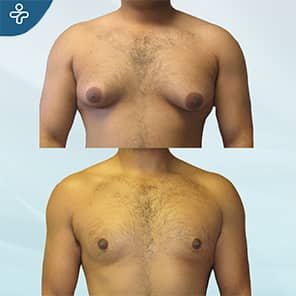
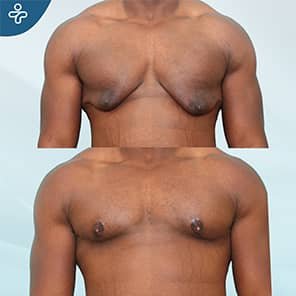
Is Tunisia Safe for Gynecomastia Surgery?
Tunisia is generally considered a safe country for gynecomastia surgery, as well as other types of medical tourism. Sousse in particular has a well-developed healthcare system with modern facilities and highly qualified medical professionals, including board-certified plastic surgeons who specialize in gynecomastia surgery.
It is important to take necessary precautions while traveling in Tunisia, however, such as following local laws and customs, and practicing good personal hygiene.
We also strongly advise you to choose a medical provider that is certified by the Tunisia Ministry of Health. We suggest you make a thorough research to choose an approved, highly qualified clinic. If such instructions are followed, gynecomastia in Tunisia can be a safe and effective option for patients seeking high-quality care at a more affordable cost.
Reviews
Our expertise in breast proportions is the cornerstone of our craft. We evaluate the unique shape of your chest and enhance the balance between your features. We’re not the ones saying this. Our patients are!
All-Inclusive Medical Travel Plan
We offer exclusive medical travel plans to our patients, including very interesting discounts through our hotel partners. Our standard package for gynecomastia in Tunisia includes:
- Operation at the Finest Facilities
- Surgery by an EBOPRAS Surgeon
- 4/5* Hotel Accommodation
- Private Inner-City Transportation
- Nurse at Hospital & Hotel
- Pressure Garment & Medication
- 12-Month Follow-Up
Frequently Asked Questions
Gynecomastia can go away, yes. A very effective solution with permanent effects is gynecomastia surgery.
In adolescent males, gynecomastia is relatively common and is estimated to affect up to 65% of boys during puberty. In most cases, it is a temporary condition that resolves on its own within a few months to a few years.
In older adults, the prevalence of gynecomastia is estimated to be around 30-40%. It is more common in older men due to changes in hormone levels and medication use.
Free Consultation
Personal information
Author

Assoc. Prof. Ahmet Hamdi Sakarya Instagram
Assoc. Prof. Ahmet Hamdi Sakarya, a leading Plastic, Reconstructive & Aesthetic Surgeon with Care in Tunisia, specializes in innovative aesthetic solutions.
ARTICLES
Browse among the valuable articles
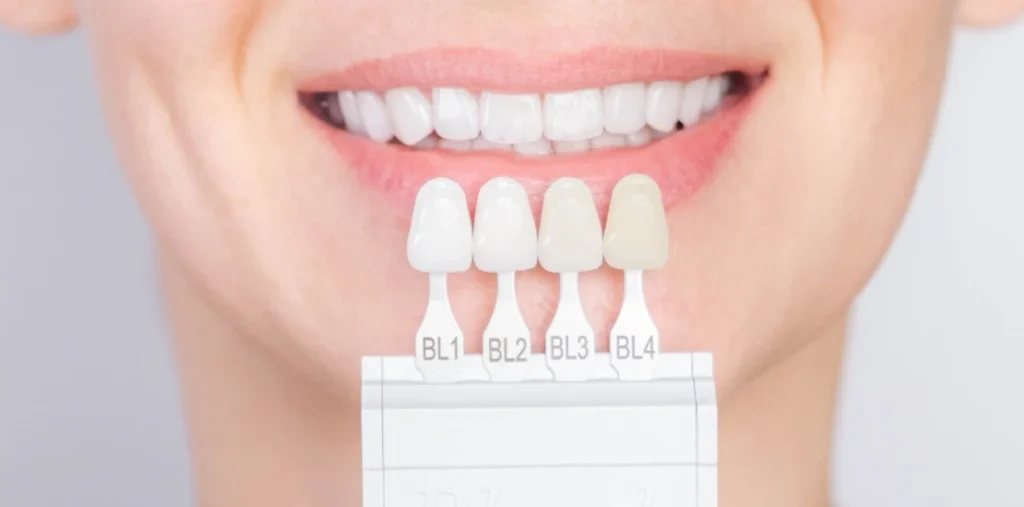
Dental veneers are an aesthetic and affordable option for enhancing a smile, replacing other, more invasive solutions such as crowns,
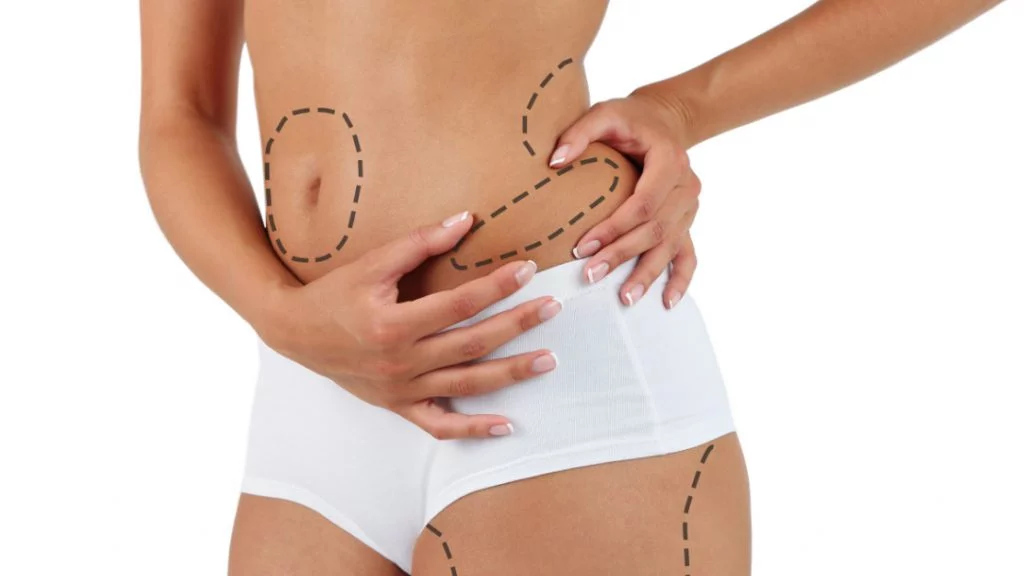
Both JPLASMA and VASER technologies are advanced methods used in Tunisia for liposuction, but they work in different ways and
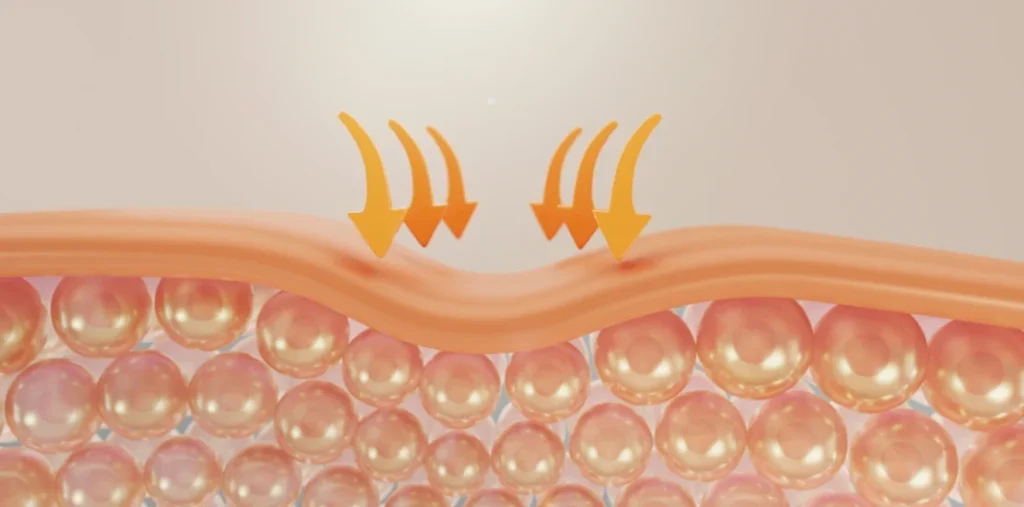
Lipedema is a chronic condition characterized by a disproportionate accumulation of fat, mainly in the legs and sometimes the arms.

Abdominoplasty is one of the most popular cosmetic surgery procedures in the world, removing excess abdominal skin and smoothing the
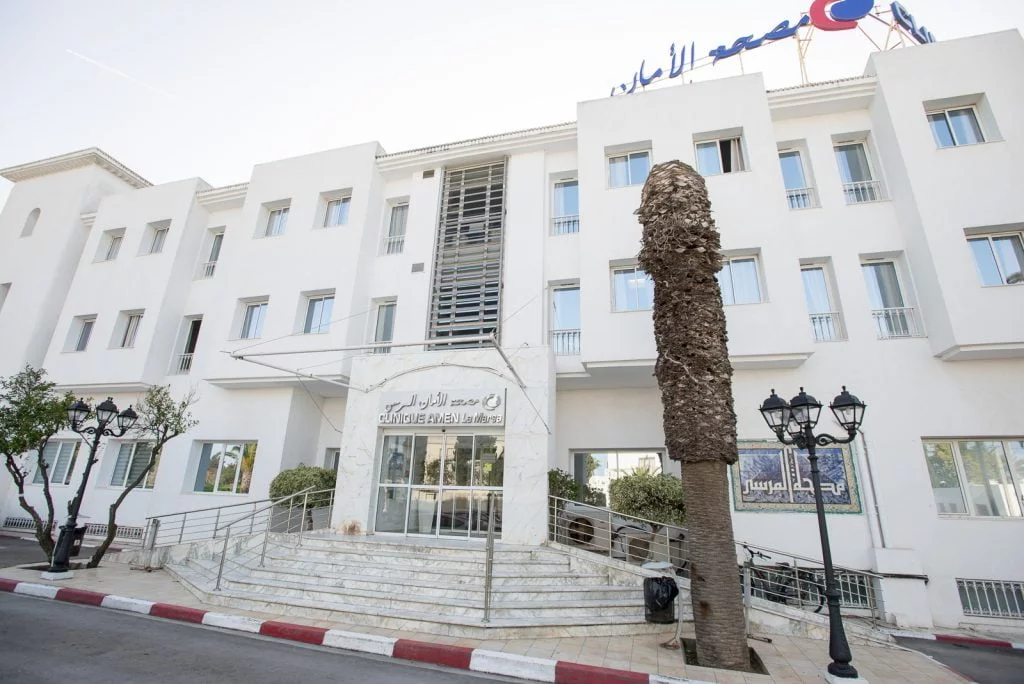
Comment choisir la meilleur clinique pour une chirurgie esthétique en Tunisie? En faisant confiance à SEJOURMEDICAL pour vous accompagner dans
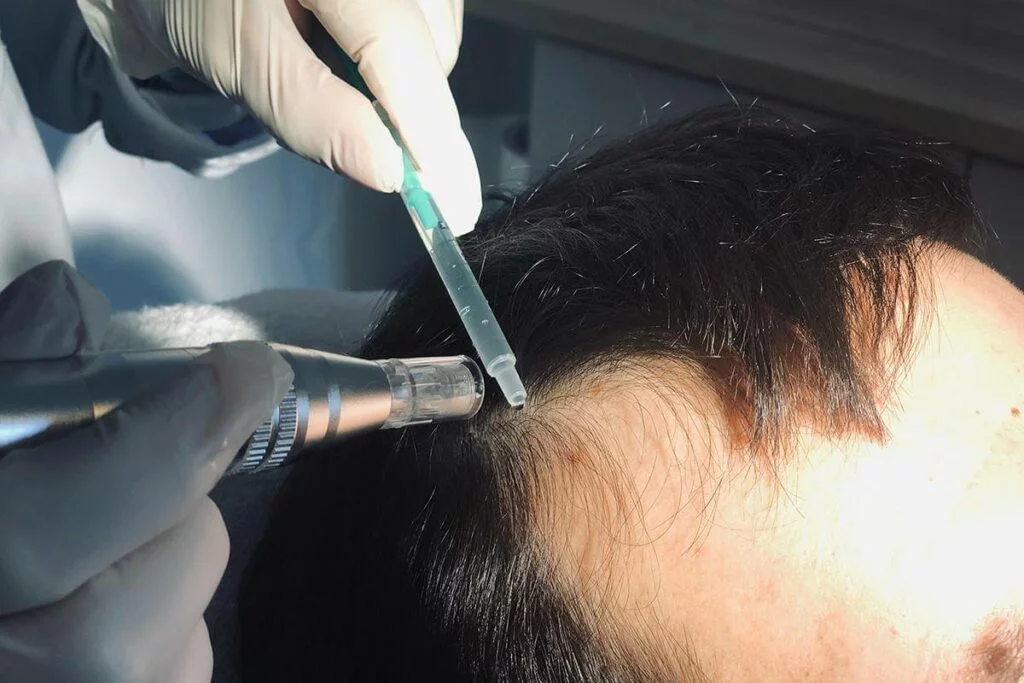
The quest to combat hair loss has led to numerous technological and medical advances. Among the most innovative solutions is

Medical tourism, which involves traveling to a foreign country to receive healthcare, has been growing rapidly for several decades, but
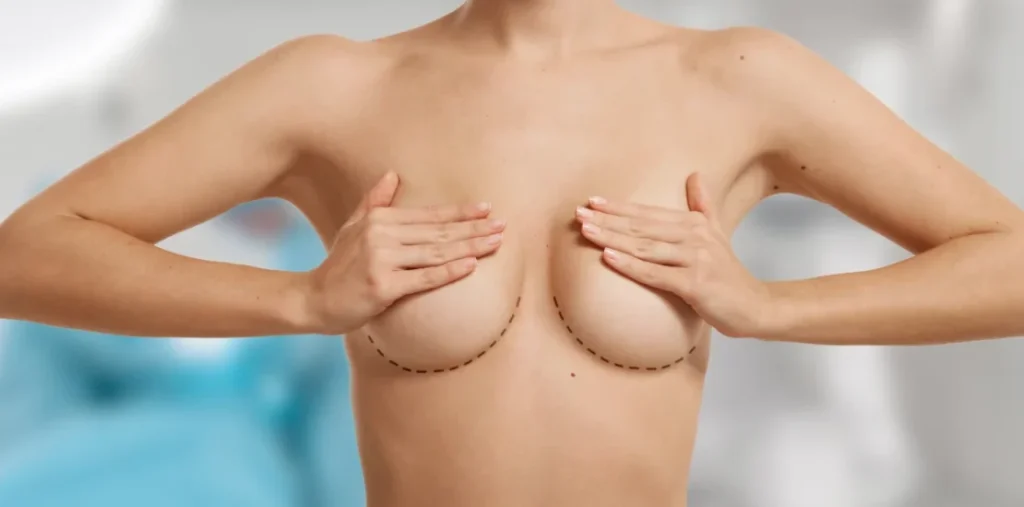
Breast surgery is one of the most popular cosmetic procedures for women looking to harmonize their figure, correct physical discomfort,
Sign Up To Our Newsletter
Sign up and receive updates and news about Care in tunisia


